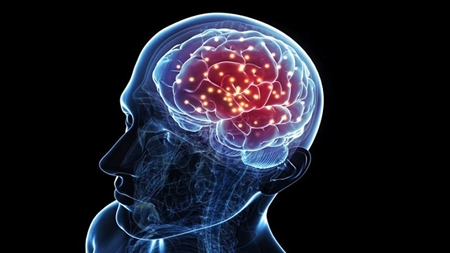Iran Takes Steps in the Field of Brain Implants along with Active Countries of the Field
Iran Takes Steps in the Field of Brain Implants along with Active Countries of the Field

The “brain implant” system is one of the top knowledge fields, and our country has been recognized as one of the active countries of the field based on global statistics.
This area has always been emphasized by the cognitive sciences and technologies development headquarter. In this regard, one of the goals of the headquarter is motivating researchers to be active in the research field of brain implant. To this end, a scientific committee has been formed of highly qualified and active professors in the field.
Mohammad Hossein Maghami, head of the committee, stated: currently, the implementation of 15 research projects in the field of brain implant is directly supervised by the brain implant task force, 10 of which are defined as a multi-stage project.
According to Maghami, these research projects are being implemented by researchers from various universities of the country including Sharif University of Technology, Amir Kabir, Khajeh Nasiruddin Tousi, Iran Science and Technology, Ferdowsi University of Mashhad, Tarbiat Modarres and Sahand University of Tabriz. In addition, more than 50 experts, including 17 members, are directly involved in the projects.
Maghami continued: the headquarter has aimed to implement extensive supportive programs to support active researchers and experts in medicine and engineering field in the area of designing, constructing and using implantable micro-systems in the body to stimulate brain cells as well as to stimulate nerve signals.
The faculty member of Shahid Rajaei University marked: MicroSystems that record neural signal activity allow control or movement of the pointer on the screen directly by human thought, and implantable microSystems can measure vital signs of the human body such as blood pressure, intraocular pressure, and skull.
Today, neuronal stimulation to treat deafness, deep brain stimulation to treat Parkinson"s disease, regulation of heart rate, restoring sight to the blind, and ultimately curing disability and pain management are possible by using implantable subsystems in the body.
Pointing out the role of implantable sub-systems to treat many mobility disorders, Maghami expressed his hope that development of cognitive technologies will lead to essential steps taken to treat neural impairments and mobility inabilities in the country.
A report by the public relations and information center of the Vice-Presidency for science and technology affairs

comment